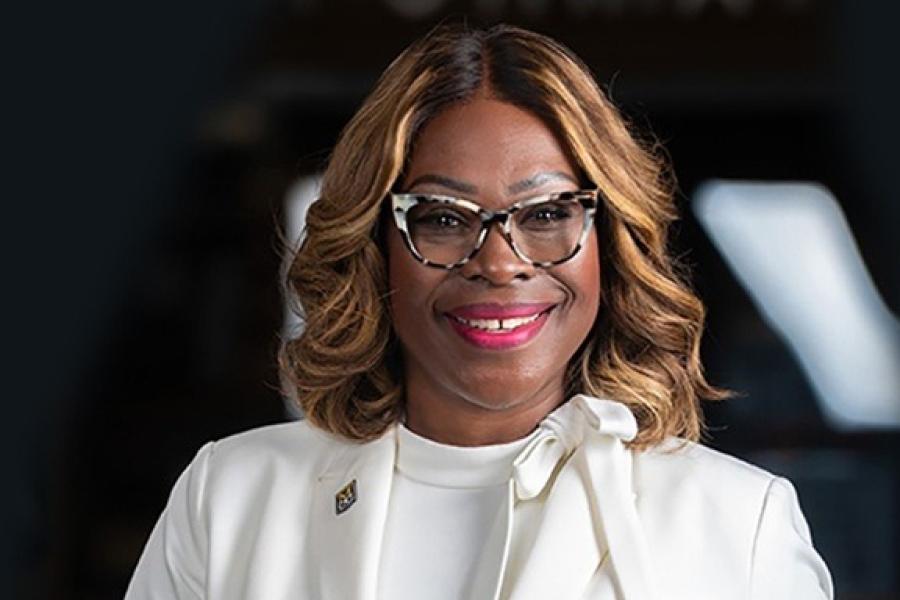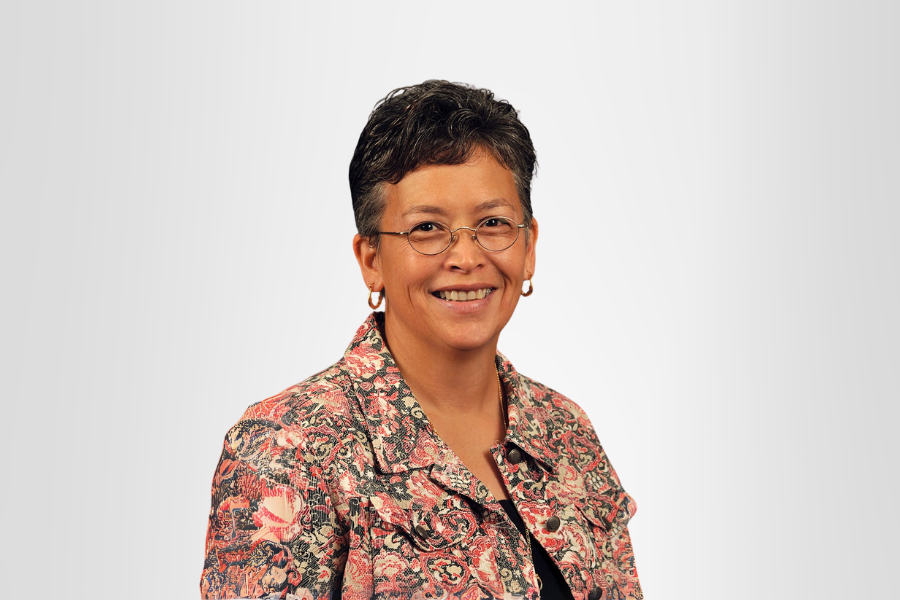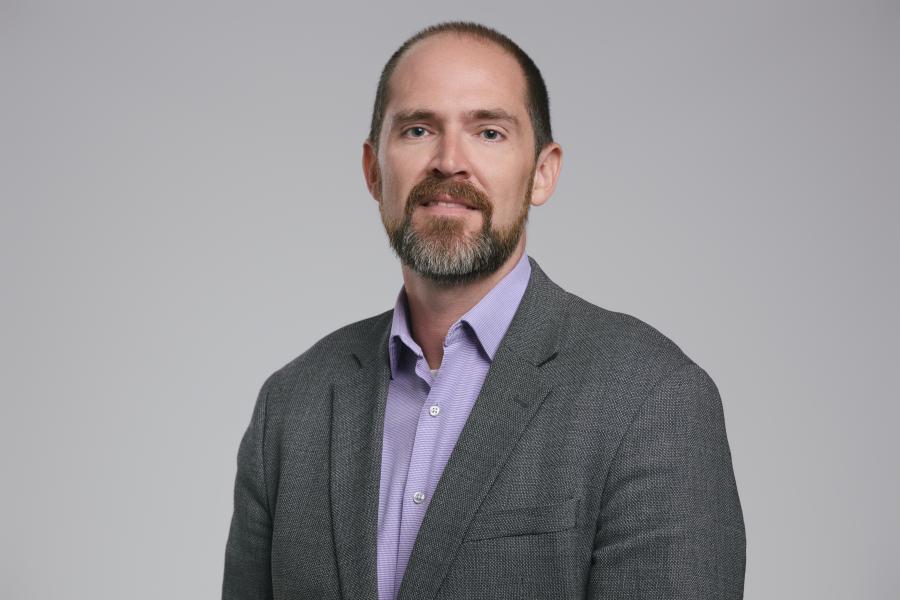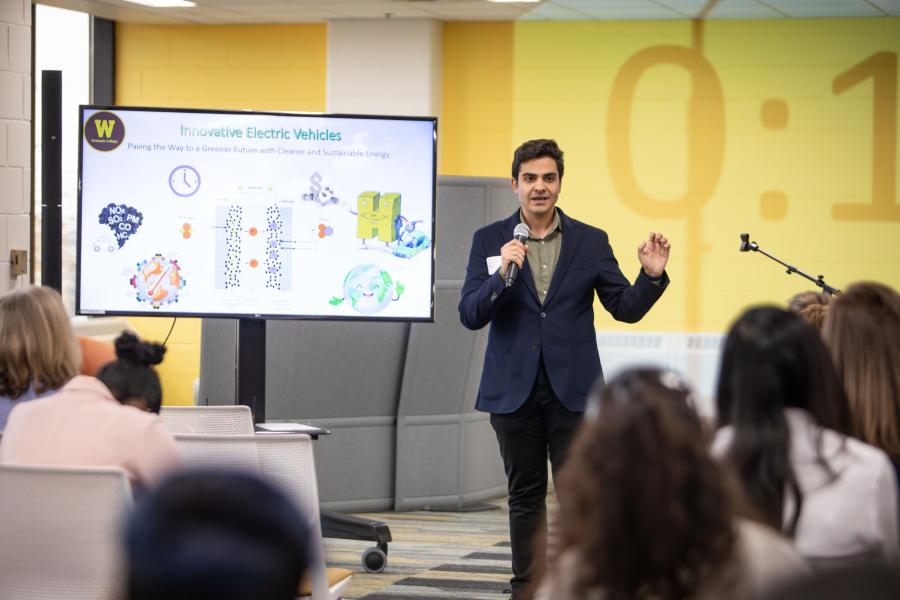Overview
The Doctoral Program in Higher Education Leadership at Western Michigan University equips current and aspiring faculty and administrators with advanced leadership knowledge applicable to both instructional and administrative roles. Designed for those working in universities, community colleges, or other adult learning institutions, the program serves faculty who have not yet earned a terminal degree as well as professionals in student services, academic support, and administrative areas.
Doctoral students come from diverse backgrounds, including teaching in disciplines such as engineering, business, nursing, and social work, as well as administrative roles in residence life, human resources, athletics, libraries, IT, and international programs. Many plan to continue or advance in administrative leadership while maintaining part-time teaching responsibilities. A few students work outside traditional higher education settings in adult learning or training. All admitted students are expected to bring at least three to five years of post-master’s leadership experience in higher education or a related field, ensuring a cohort of experienced, engaged, and motivated professionals.

Meet DeAnna
DeAnna R. Burt-Nanna, Ph.D. '09, is the sixth president of Monroe Community College.
Discover more












